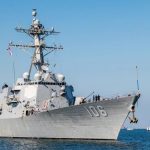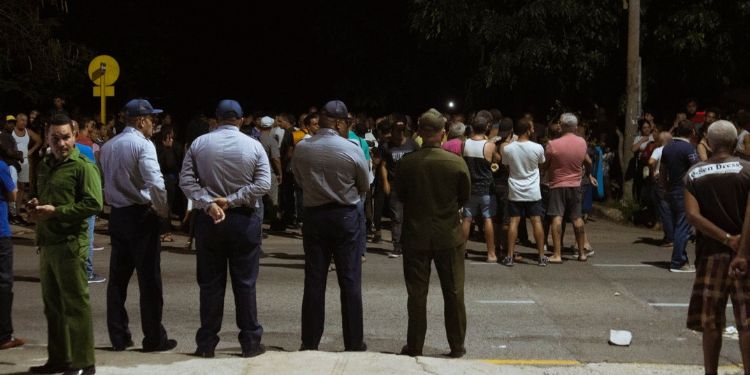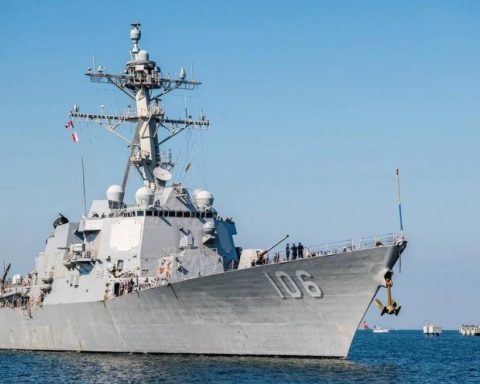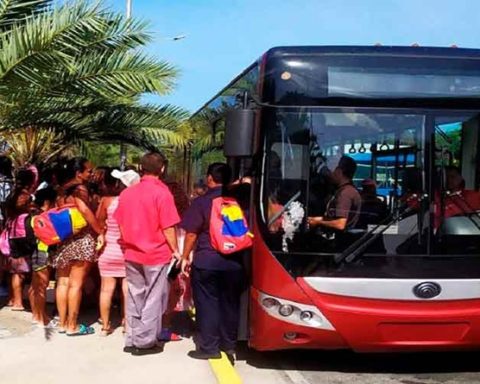AND
n previous articles we have tried to show that many historiographic currents, perhaps the dominant ones in our country, expressly or unconsciously share a unique Eurocentric conception of historical development
of human societies. The criterion of all these linear histories is the historical route
towards industrial capitalism, so that human societies or collectivities are more or less developed
as they approach more or less the parameters that, according to them, led to that industrial society. Thus, if the thought elaborated by a society primitive
does not resemble Greek, it is considered mythical or magical, but only if it resembles Greek, can it be called philosophy
. Nor do most of these history readers consider the tangible fact that, in order to industrialize early, a Condition
it requires secure access to iron, coal, cereals, hydraulic currents and natural communication routes, elements that only appear together in two or three regions of the world.
Hence it turns out that numerous facts or actions are inevitable or fatal. It was inevitable that the Europeans would dominate Mesoamerica (the entire America), since it was 5,000 years behind in its historical development (according to three or four parameters that lead them to put the Mesoamerican societies in the box that says neolithic
) with respect to Europe (the addition “and how good the Spaniards were because if not the English…” leads to an absurd and ahistorical comparison of the imperialism of the 16th century with that of the 19th century). For example, it was fatal that the Villista and Zapatista armies lost the civil war of 1915 (because the peasants do not have a vision of the State nor do they consider taking power
); or that the United States won the war of 1846-1848…
That war was fought due to the expansionist ambition of the United States, for some very extensive provinces that were never Spanish territory, except on imperial maps; maps that omit the existence of entire nations that never submitted and never conquered (for example, Apaches and Comanches, as well as the Mayans of the eastern Yucatan peninsula); territories in which there were a few patches of Spanishness
(half a dozen presidios in Texas, and the small town of San Antonio, the upper Rio Grande enclave around Albuquerque and Santa Fe, and some fisheries and missions in California).
The result of that war, which today appears fatal to us, was many times in the hands of a handful of men, apparently insignificant handfuls that amaze when measuring the long-term results… so that it is feasible to imagine that the war could have ended else. However, it must be said that in that war, the chances that the result would have been different are considerably less than in the second phase (1520-1521, around Tenochtitlan) of the Mesoamerican wars of 1517-50.
Let us imagine, then, that the war between Mexico and the United States had a different result (because the Mexicans won the battle of Angostura, in February 1847). Let us imagine that from this different result, a republic was born in 1847 whose political class came from three continents and professed no less than six different religions, an inclusive republic in an era of exclusion, a collectivist republic in times of individualism, what do I know… accompany you to imagine it?
The founder of that republic was a man who broke into what some call the big story
. Says his main biographer, Division General Jorge Antillón Ramírez de la Serna, speaking of the paradoxes that surround the founding fathers
of the republics of America: Perhaps no paradox like that of that unknown soldier from the Huasteca, that knight with an unknown name, who took two years to remake the map of America and found the strangest nation on the continent. There is no destiny as mysterious, as absurd, as that of that man who was my friend, in whom the Mexican nation has seen the greatest possible traitor, the villain par excellence; that for those who call themselves Americans (both Unionists and Confederates) it is an unsolved mystery; and that for the Californians he is the father of the country: his serene highness, the great marshal don Pablo María Augusto del Rosario Núñez de Jáuregui y Andrade-Moctezuma
.
P.S: California Founder (Editorial Ítaca, 2022) will be presented to society on Friday, October 14 at the Ernesto Cardenal Forum, of the Zócalo International Book Fair. Doctors Federico Anaya-Gallardo and Bernardo Ibarrola Zamora will sponsor him.
















